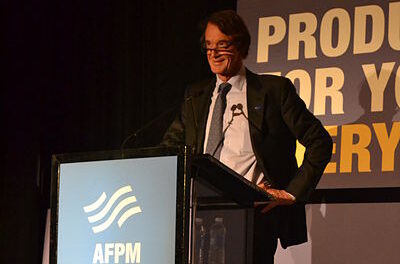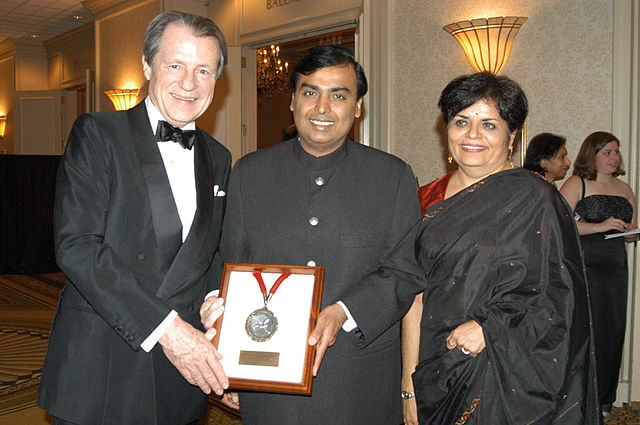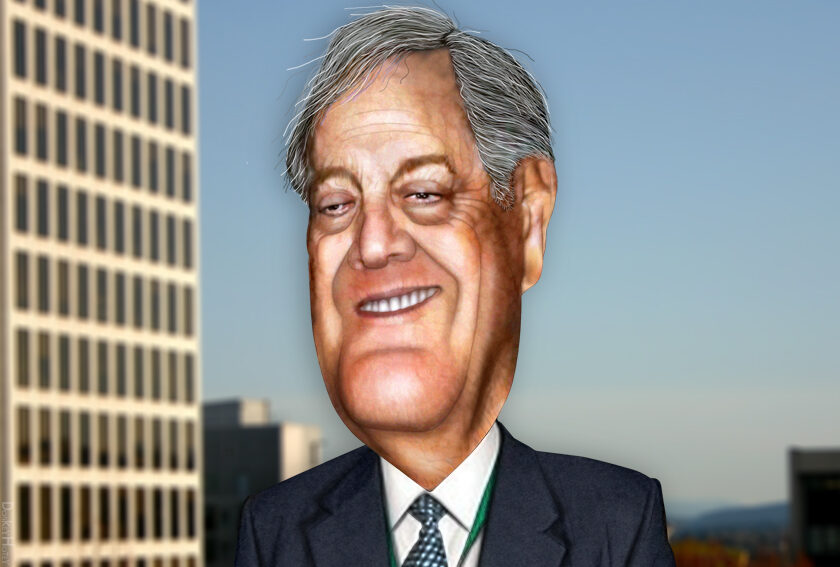Sir James Arthur Ratcliffe, commonly known as Jim Ratcliffe, is a British billionaire and the founder of Ineos, one of the world’s largest chemical manufacturing companies. While Ratcliffe is primarily known for his business endeavors, he has been involved in several notable controversies throughout his career. Here are some of the key controversies associated with Jim Ratcliffe:
Relocation to Monaco and Tax Controversy
One of the most notable controversies surrounding Ratcliffe is his decision to relocate to Monaco in 2010. This move drew attention due to Monaco’s reputation as a tax haven, where wealthy individuals can benefit from favorable tax policies. Critics argued that this decision allowed Ratcliffe to take advantage of tax loopholes while still benefiting from the services and infrastructure of his home country, the United Kingdom.
Environmental Criticism and Ineos
Ratcliffe’s leadership of Ineos has also been associated with environmental controversies. The company’s involvement in fracking, a controversial method of extracting natural gas, and its plans to import shale gas from the United States to the UK raised concerns about the potential environmental impact and sustainability of these practices. In a world increasingly concerned about climate change and environmental preservation, Ineos’ actions attracted scrutiny and criticism from environmental activists and concerned citizens.
Grangemouth Refinery Dispute and Labor Practices
In 2013, Ineos found itself in the midst of a major industrial dispute at its Grangemouth refinery in Scotland. The company’s threat to close the facility resulted in tensions with trade unions, sparking discussions about workers’ rights and labor practices. The incident shed light on the challenges faced by workers in industries heavily influenced by powerful corporations, igniting debates about corporate responsibility, fair treatment of employees, and the potential consequences of industrial disputes.
Public Land Purchase and Local Impact
Ratcliffe’s purchase of a substantial portion of the Isle of Skye in Scotland in 2018 stirred debates about the privatization of public land and its potential effects on local communities and tourism. This controversy raised questions about the balance between private ownership and public interest, and whether the acquisition of such significant land holdings could have unintended consequences for the environment, culture, and economy of the region.
Utilization of Public Funds and Business Support
Ratcliffe’s decision to seek government support for building a new car in the UK through Ineos Automotive sparked discussions about the allocation of public funds to support private business ventures. This controversy highlighted the intersection of public resources, corporate interests, and economic development, raising questions about the appropriate use of taxpayer money and the responsibilities of businesses in seeking government assistance.
Brexit Support and Political Involvement
Ratcliffe’s public support for Brexit and his substantial financial contributions to the campaign for the UK to leave the European Union stirred strong reactions from both supporters and opponents of Brexit. This controversy highlighted the divisive nature of the Brexit issue and the influence that wealthy individuals can have on political outcomes. Ratcliffe’s involvement demonstrated the intersection of business interests and political advocacy, sparking discussions about the role of the elite in shaping the democratic process.
Labor Relations and Corporate Responsibility
Ineos’ approach to labor relations and workforce management has raised concerns about corporate responsibility. Accusations that the company has pressured its workforce to accept cost reductions and changes in working conditions ignited debates about the treatment of employees and the obligations of corporations toward their workers. This controversy prompted discussions about the balance between business interests, worker rights, and ethical practices.
Football Ownership and Wealth in Sports
Ratcliffe’s attempted purchase of the football club FC Lausanne-Sport highlighted the involvement of wealthy individuals in the realm of sports ownership. This controversy sparked discussions about the impact of wealthy owners on club management, player recruitment, and the overall dynamics of professional sports. The incident shed light on the potential influence of personal wealth in the world of sports and its implications for fair competition and club governance.
Philanthropy and Sporting Competitions
Ratcliffe’s philanthropic contributions, such as supporting a charity to fund Team Sky (now Team Ineos) in cycling, raised questions about the motivations behind such actions and their potential influence on sporting competitions. This controversy prompted discussions about the role of financial support in sports, potential conflicts of interest, and the transparency of philanthropic initiatives in the context of competitive events.
Opinions on Sustainability and Corporate Leadership
Ratcliffe’s statements on environmental and sustainability issues have sparked discussions about the role of business leaders in addressing global challenges. His skepticism about climate change and his emphasis on economic considerations raised debates about the responsibilities of influential individuals in promoting sustainable practices. This controversy highlighted the intersection of corporate interests, environmental concerns, and public discourse on urgent global issues.
Wealth Accumulation and Income Inequality
Ratcliffe’s ascent to billionaire status and his substantial wealth have drawn attention to discussions about income inequality and the distribution of wealth within society. The controversy surrounding his financial success prompts reflections on the broader implications of extreme wealth, economic disparities, and societal well-being.
Conclusion: Complex Legacy of Controversy and Impact
In conclusion, Jim Ratcliffe’s career as the founder of Ineos has been marked by various controversies spanning environmental practices, labor relations, political involvement, and more. These controversies underscore the complexities of business leadership, corporate responsibility, and the ethical considerations that come with wielding significant influence.




